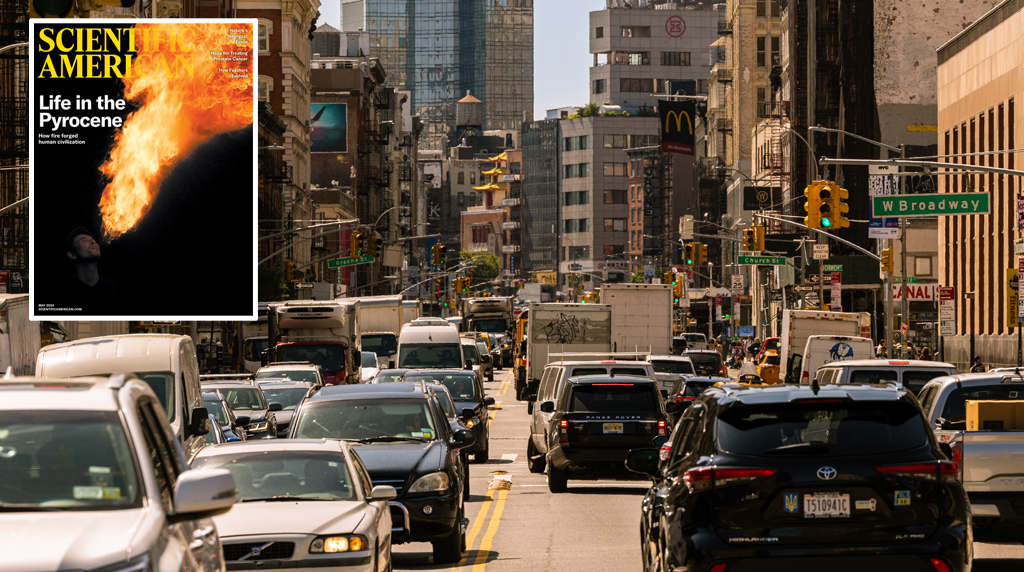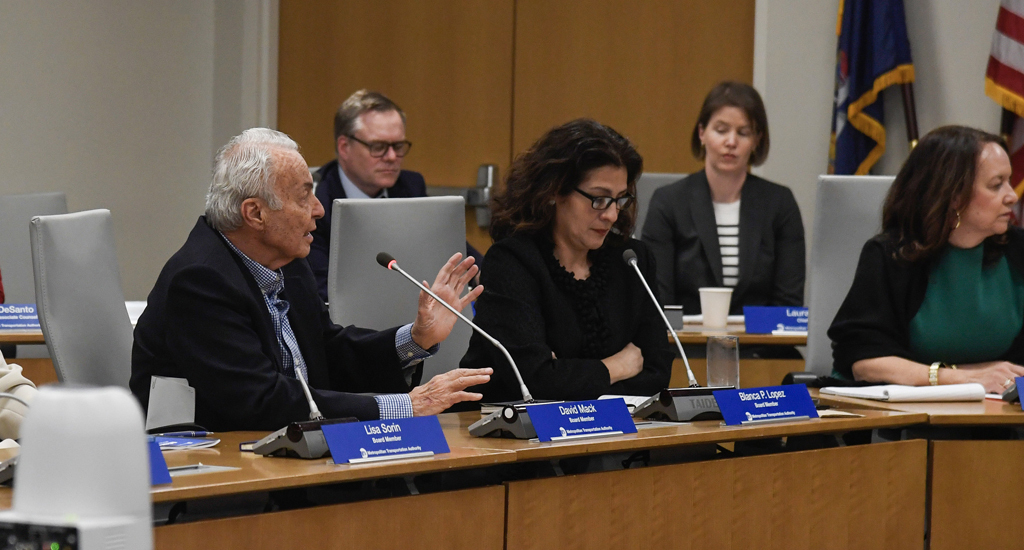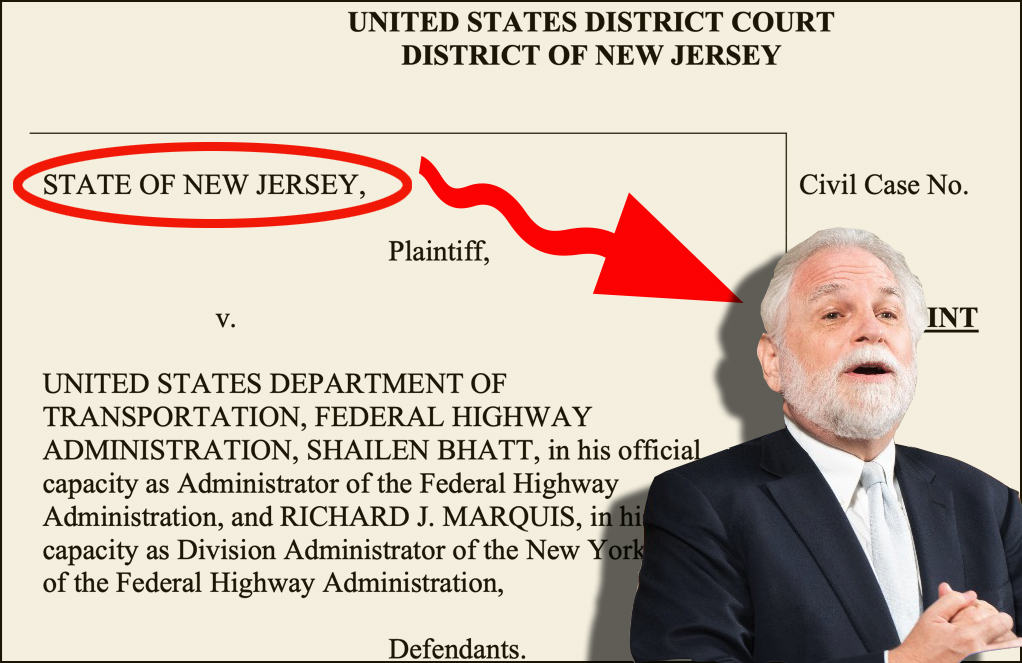With the city's budget battered by the economic crisis, the Bloomberg administration is looking for ways to reduce the cost of city government. One place they're turning: the city's fleet of 26,000 motor vehicles. The city announced last week that it expects to save $71 million by streamlining fleet management, including measures to cut fuel use and decrease the number of vehicles it owns. The city will also explore ways to use car-sharing to make the city's fleet more efficient.
The size of the municipal fleet makes it a tempting target for those seeking to increase the city's efficiency and environmental sustainability. Of those 26,000 vehicles, 60 percent are passenger vehicles, SUVs and vans. The vehicles in that portion of the fleet travel an average of 7,500 miles per year. Another 30 percent of the fleet are heavy-duty vehicles like fire or sanitation trucks. Those travel an average of 4,000 miles per year, but are also used extensively while stationary, according to mayoral spokesperson Jason Post. The remaining 10 percent of the fleet is made up of off-road vehicles, including forklifts and tractors. Managing the fleet currently requires more than 1,500 employees, spread across nine agencies.
Much of the savings announced last week will come from back-end efficiency measures, like privatizing and centralizing some aspects of fleet management. But the city will also cut costs by reducing the number of cars it owns, making those cars cleaner, and possibly reducing the amount of driving overall.
To get a handle on the costs of driving, in both dollars and environmental impact, the city will begin tracking its total fuel use and vehicle emissions. Such a tracking system could quantify the benefit of continuing to shift toward an electric vehicle fleet, Post said. It could also, if taken seriously, illustrate the benefits of reducing the city's driving altogether.
Most intriguingly, the city is exploring ways in which car-sharing could save taxpayers money. Some vehicles at every agency are already part of a pool, said Post. But the shared portion of each pool could be expanded, he explained, and even run by a third-party operator, like Zipcar or Hertz.
Car-sharing could lead to a significant reduction in the number of vehicles owned by the city. In Washington D.C., using Zipcar allowed the city to replace 360 vehicles with 71 shared vehicles, according to the New York Times, while Philadelphia shed 140 vehicles from its fleet via car-sharing. As with regular consumer car-sharing, municipal car-sharing customers would pay per trip, increasing the cost of each mile driven compared to city-owned cars. That in turn could create an incentive for the city to do its business without relying so heavily on the car.





